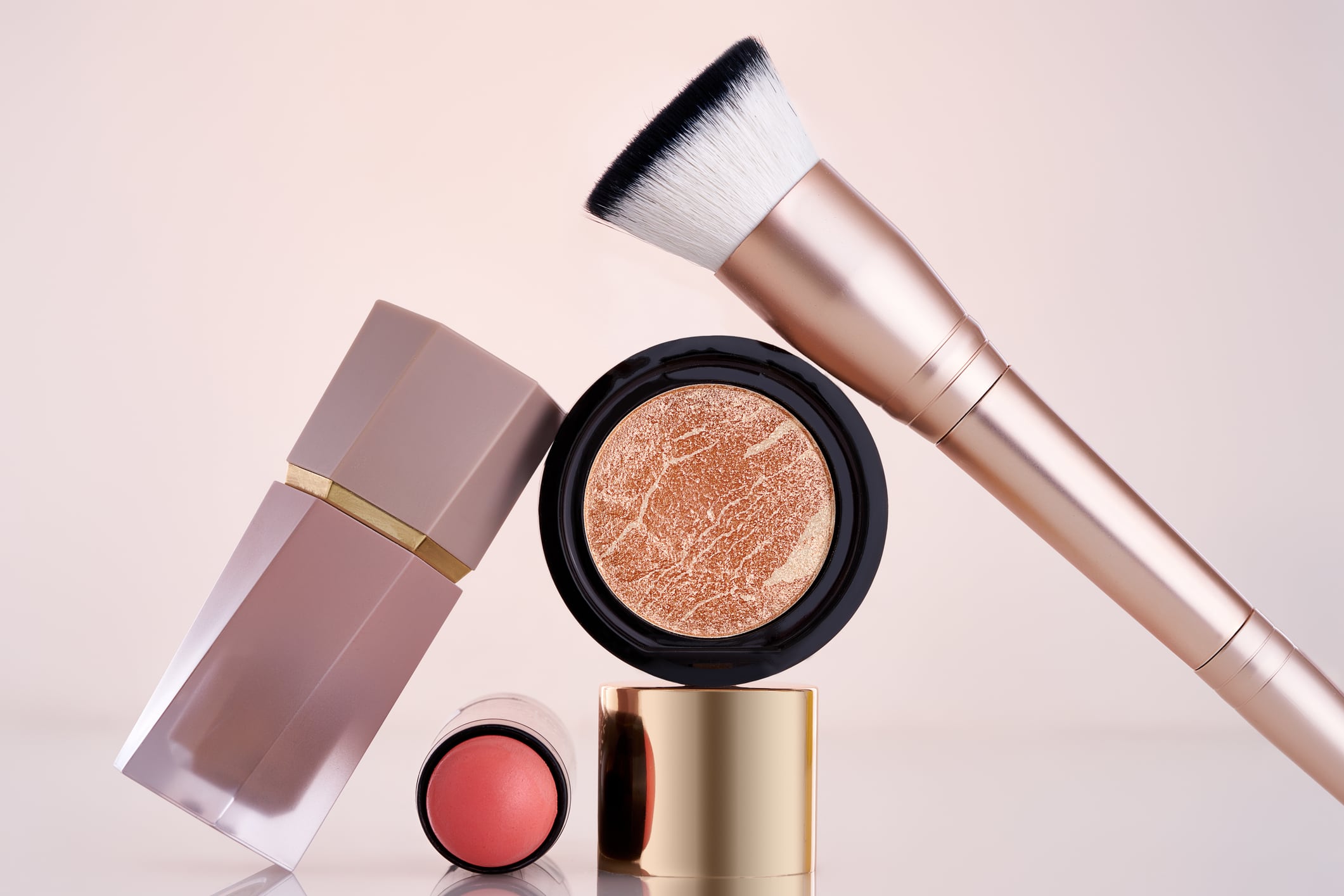Qore, the $300 million joint venture between Minnesota-based Cargill and German chemical company HELM, officially opened its new facility in Eddyville, Iowa, on July 22, marking the start of large-scale production of QIRA, a bio-based alternative to fossil-derived 1,4-butanediol (BDO). Characterized as the world’s largest bio-based BDO operation, the plant is designed to produce 66,000 metric tons of QIRA annually using dent corn sourced primarily from within a 100-mile radius of the facility.
In a video interview with CosmeticsDesign US, Qore CEO Jon Veldhouse explained how the new material is positioned to support consumer goods sectors, including beauty and personal care, which are seeking renewable alternatives to fossil-based ingredients.
“Qore is able to leverage the deep agricultural network and world-class fermentation technology expertise from Cargill and HELM’s global market reach to bring QIRA to life,” said Veldhouse. “By providing a reliable, renewable, and transparent feedstock, QIRA helps global manufacturers and brands implement identical materials that reduce reliance on overseas supply chains, bringing more transparency to their product portfolios.”
For beauty and personal care, QIRA can be used in film formers for mascara and hair spray, in shampoos to create smooth, uniform textures, in toothpaste and whitening products for film-forming properties, and in contact lens solutions as a wetting agent.
The material can also support more sustainable packaging by enabling the development of biodegradable plastics.
Performance and safety remain top priorities in the beauty sector, and Veldhouse noted that QIRA “offers the same high-quality standards that consumers expect, but with a more responsible environmental footprint.” By functioning as a “drop-in” replacement for fossil-based BDO, the material can be integrated into existing formulations without reformulation or changes to manufacturing processes.
While beauty and personal care are key focus areas, QIRA has also been adopted in other industries. For example, Veldhouse highlighted that the LYCRA Company is set to launch fibers made with QIRA this fall, with an estimated carbon footprint reduction of up to 44% compared to fossil-based equivalents. BASF has also secured a long-term supply agreement to incorporate the material into its derivatives portfolio.
Watch the full CosmeticsDesign interview with Jon Veldhouse, CEO of Qore, to learn more about QIRA’s role in reshaping the future of beauty and personal care.




